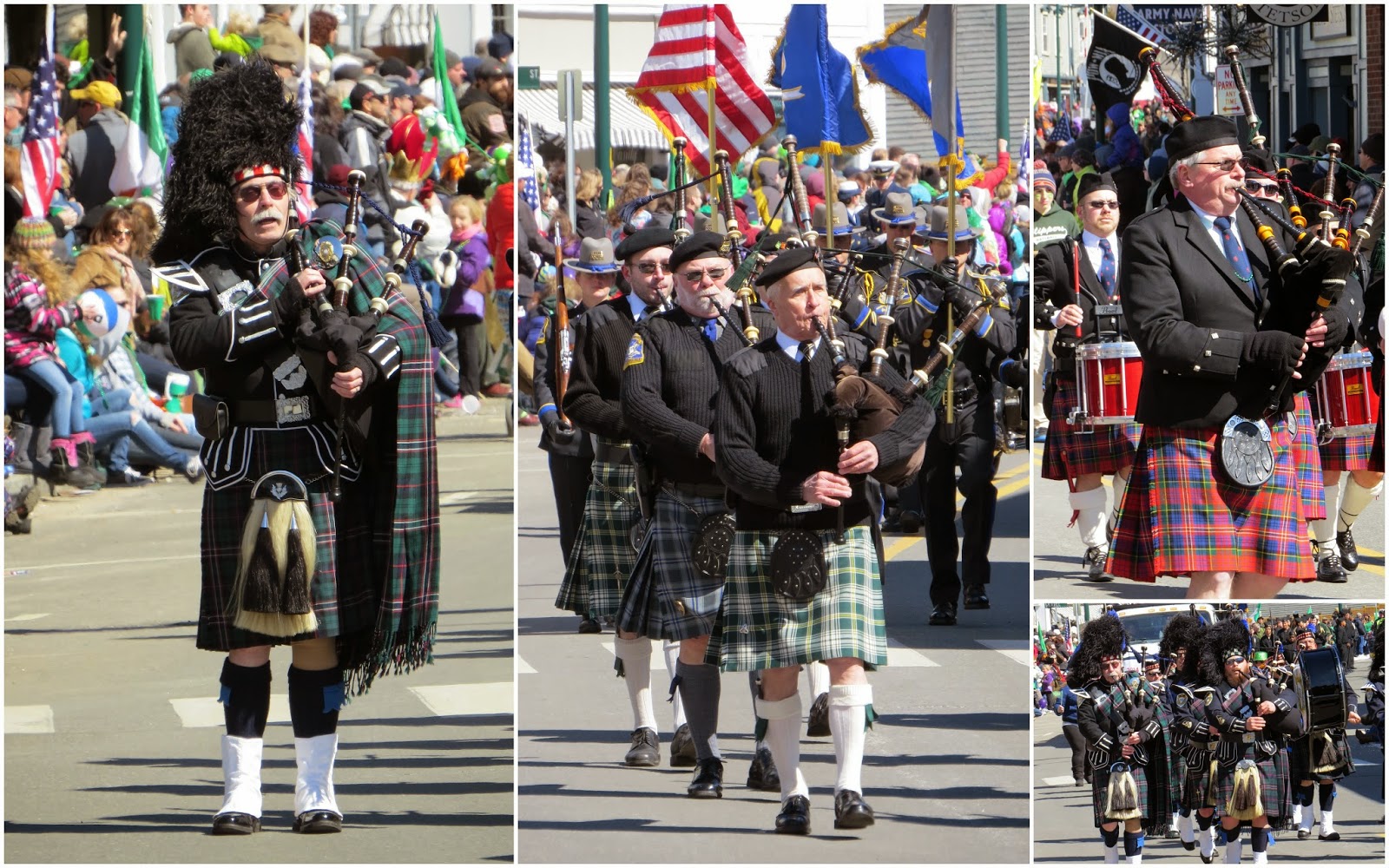There’s nothing better than a good read and, for me, it's more so if the story is about actual events. Yet, some non-fiction books can be boring or difficult to get
through. (I've read my share of these.)
Not so when reading
a book by Erik Larson, a nonfiction author known for authoring novels dealing with historical events. His recent bestselling novels include: Issac’s Storm, In the Garden of Beasts, Thunderstruck, The Devil in the White City.
 Dead Wake: The Last Crossing of the Lusitania, released March 10, is a fascinating and engrossing read, currently topping the best seller lists. (Luckily, I read about its pending release before
it arrived at the public library, and as able to check out a copy within a week.)
Dead Wake: The Last Crossing of the Lusitania, released March 10, is a fascinating and engrossing read, currently topping the best seller lists. (Luckily, I read about its pending release before
it arrived at the public library, and as able to check out a copy within a week.)
On May 1, 1915, the
British Cunard liner, RMS Lusitania sailed on its 101st eastbound crossing
from New York to Liverpool, England, carrying a record number of children and
infants (including 128 Americans). The liner sailed even though Germany had
declared the seas around Britain to be a war zone.
As we know, Lusitania never reached its destination. After six days and 11 miles off the Irish coast, the
787-ft liner was struck by a single torpedo from the U-20 German submarine and sank in 18 minutes. In one of history's most catastrophic maritime disaster over half the passengers and crew on board died—1,198 out of 1,962.
(Three years earlier, the White Star
liner, the 882-ft Titanic, sank in 160 minutes claiming 1,523 out of 2,228 passengers earlier.)
The U-20 captain, Walther Schwieger, learned
that the Lusitania had no naval escort and, following the German government’s
new policy of unrestricted warfare, fired a single torpedo (not two as reported in some news accounts) into the Lusitania’s
hull. Soon afterwards, a second explosion rumbled from inside the liner; she quickly listed to starboard, preventing many lifeboats from being launched.
Controversy has long surrounded the Lusitania's
sinking. Larson provides no ready answers, yet discusses many of these issues,
including:
- Why had the British Admiralty which in wartime had control over Cunard liners failed to provide
a military escort in the Irish channel, despite knowing that deciphered codes, of
U-boat activity in the area?
- Did the Lusitania's Captain Will Turner, fail
to follow Admiralty precautions, notably its advocacy to zig-zag as a
submarine-eluding maneuver?
- What caused the devastating second explosion, observed by
passengers and crew and by the U-20 captain through his periscope?
- Did the
ship have war munitions on board as widely rumored?
- Why was a British cruiser sent to rescue the
Lusitania’s victims suddenly called back to port?
- Why did Winston Churchill, first lord of
the Admiralty, leave for France before the sinking — did he
know anything?
 Larson is not the
only author to write about the Lusitania. Other books include: Lusitania:
Saga and Myth (2001) by David Ramsay. Diana Preston,
authored Lusitania: An Epic Tragedy (2002), which was recently released as an e-book and re-titled Voices of the Lusitania.
Larson is not the
only author to write about the Lusitania. Other books include: Lusitania:
Saga and Myth (2001) by David Ramsay. Diana Preston,
authored Lusitania: An Epic Tragedy (2002), which was recently released as an e-book and re-titled Voices of the Lusitania.
For myself (and others) curious to know more about the Lusitania, there's the online, The Lusitania Resource, with information on the ship, its passengers, crew and more.
Did I enjoy this
book and would I recommend it — a resounding YES. Dead Wake has already been optioned as a film, just like Titanic. But, as most people know, the book is always better than the movie. For example, the 1955 nonfiction, A Night to Remember, by Walter Lord is considered a definitive resource about the Titanic.
FYI , today, marks the 103rd anniversary of the RMS Titanic sinking.














.JPG)











